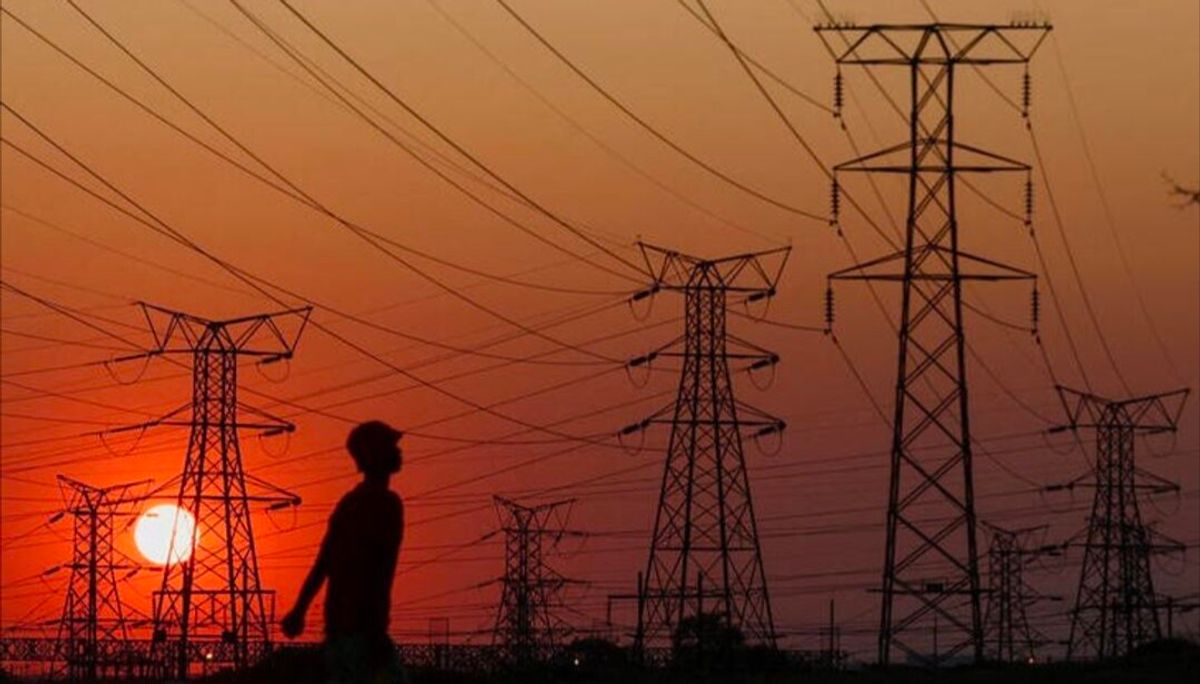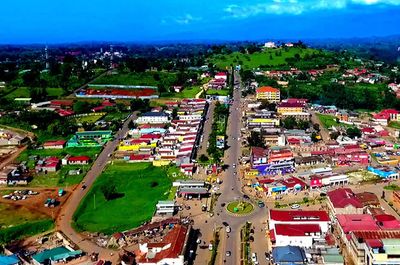
According to a new report by the International Energy Agency (IEA), Africa will need $150 billion in investment over the next decade, about $15 billion annually, to achieve universal access to electricity across the continent.
The report, Financing Electricity Access in Africa, notes that progress on expanding electricity access has stalled. It is the world’s first in-depth analysis focused on tracking current investment levels, identifying the financing gap, and evaluating the affordability of electricity access for African citizens.
A central finding is that nearly 600 million people in Africa currently lack access to electricity. Presently, investment levels are far below what's needed, just $2.5 billion per year is currently being committed, with the private sector contributing less than 30% of this total.
"Insufficient capital is a key obstacle to expanding electricity access for the roughly 600 million people in Africa who currently live without it", the report states. It outlines key strategies to unlock investment and eliminate the access gap.
The report highlights that despite challenging economic conditions, shrinking domestic budgets, and cuts in international aid, universal electricity access in sub-Saharan Africa is achievable by 2035 if governments, the private sector, and development finance institutions take strong and coordinated action. It draws on proven strategies that have successfully improved access in other regions.
In 2023, international public finance accounted for over 70% of electricity access investment, while the private sector contributed less than 30%. To meet universal access goals by 2035, private investment will need to rise to around 45% of total funding.
The IEA stresses the importance of targeted regulatory reforms and integrating electrification into national development plans, particularly in rural areas. This would stimulate demand, drive economic activity, and make investment in electricity access more attractive to private players.
To accelerate progress, the report calls for new and innovative financing mechanisms such as energy-as-a-service models, green bonds, and crowdfunding. It also urges governments and development partners to support a tenfold increase in equity financing and to improve the effectiveness of results-based financing models.
In addition, concessional capital, funds provided at below-market rates, must be used strategically to reduce financing costs. "Lowering it to advanced economy levels would reduce project costs by up to 25%, making basic electricity services affordable for 40 million more people."
Yet access alone is not enough. "Too often connections are established but consumers cannot afford to use the electricity." The IEA estimates that at least $2 billion per year is needed in addition to infrastructure investment to ensure that households can actually afford a basic level of electricity service.
Its analysis reveals that about 220 million people in Africa (roughly 40% of those without electricity access) cannot afford a “basic bundle” of electricity services. Around 400 million people cannot afford an “essential bundle.” The report recommends that governments consider time-bound, targeted subsidies, particularly when coupled with rural development programs that increase income and support productive use of electricity.
The report further notes that 80% of people without electricity live in rural areas, yet most investment remains concentrated in urban centres and a handful of countries, with half of all financing flowing to just six nations. To address this imbalance, it calls for investment in decentralised energy solutions like mini-grids and solar home systems, which are more feasible in remote areas.
It also highlights the need for specialised financing approaches for vulnerable groups, including communities in informal settlements, fragile states, humanitarian contexts, and Small Island Developing States.
Concessional finance is expected to account for around 40% of the total investment needed over the next decade, especially in segments where private investment is unlikely, such as early-stage project development, technical assistance, and low-income areas.
Despite the many challenges, the report remains optimistic: with the right financial strategies and policy actions, universal electricity access across Africa is still within reach by 2035.












Sunrise reporter
Leave a Comment
Your email address will not be published.